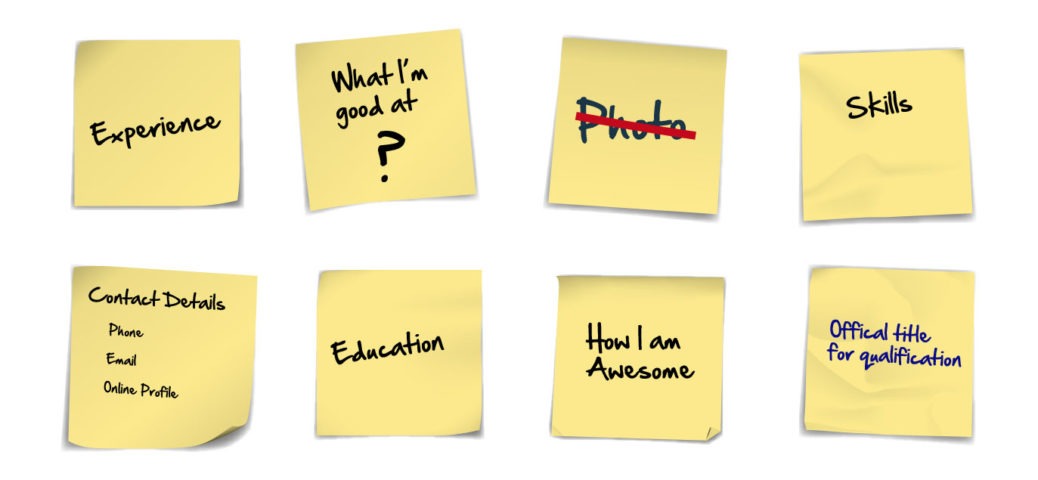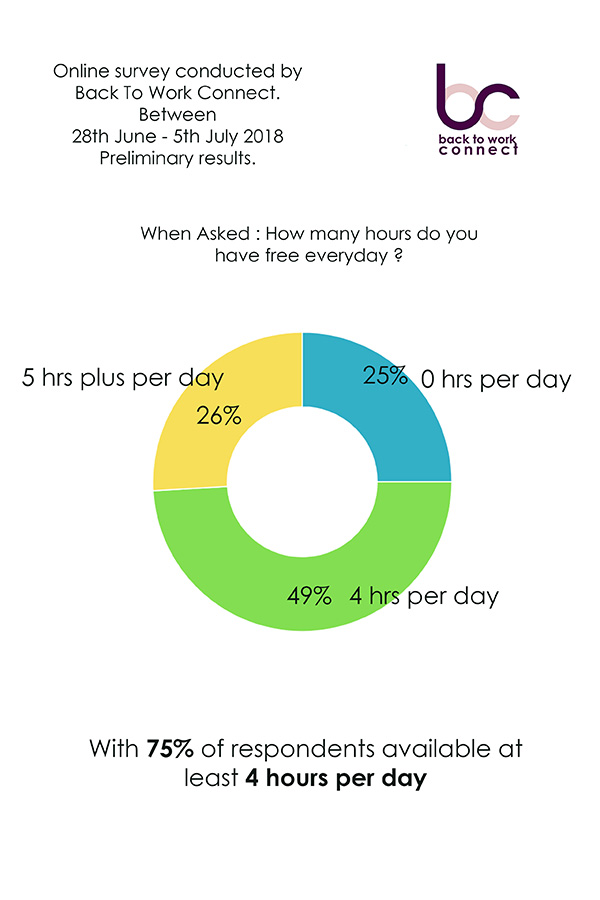“A completed CV aims to impress recruiters and is sent as an application to jobs adverts or as a speculative approach to prospective companies. CVs are valuable and important because they are your first and maybe only direct communication with a potential employer. Presentation is key.”
Top Tips
When preparing a CV, you must give careful attention to all elements of the, overall presentation and layout, grammar, spelling, and most importantly, content.
Mistakes: Employers will discard a CV as soon as they come across a spelling or grammar mistake. There are too many other good candidates out there, so attention to detail is vital. Spelling and punctuation must be perfect, so after you proof-read it, ask a friend to check it over for readability and any errors you may have missed.
Keep it simple: It should ideally be two pages long. Use simple font like Arial, 10-12pt, and keep formatting like italics and underlining to a minimum. Bullets are extremely useful in CVs as they allow you to highlight key points succinctly and keep the document looking tidy.
Keywords: For past roles, start each bullet with an action verb: “Created”, “Managed”, “Increased”, “Improved” etc., rather than “I created” or “I managed” etc.
Most companies prefer CVs submitted online or via email, so create your CV in Word so it can be opened and read by recipients easily.




